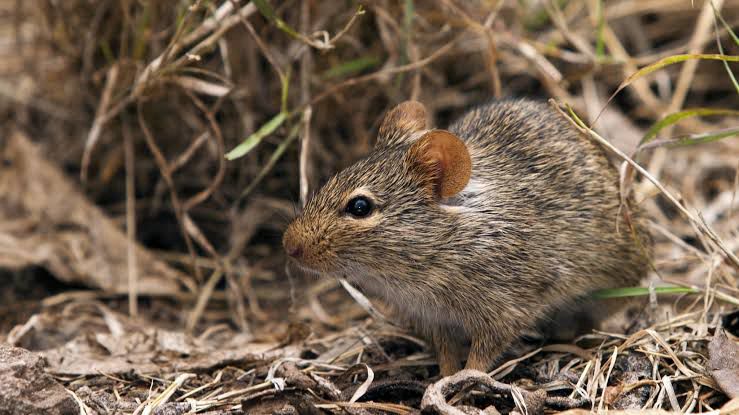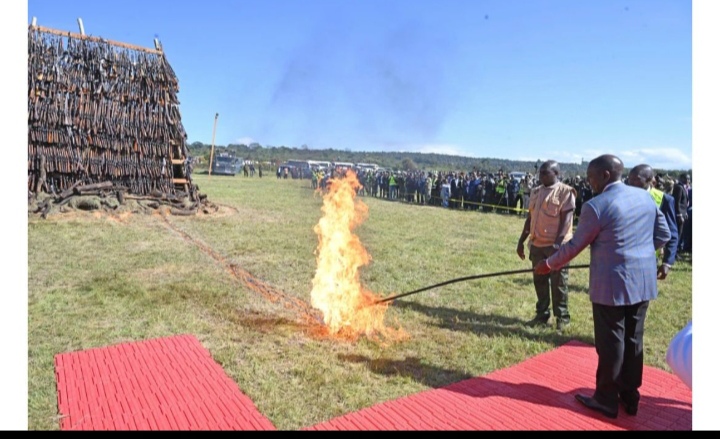NIGERIA: FG Intensifies Lassa Fever Surveillance As Youths Dominate Infection Demographic

By Onoja Baba, Nigeria
In a renewed effort to stem the spread of Lassa fever, the Federal Government is closely monitoring 1,277 individuals who may have been exposed to the virus.
Health officials confirmed that the disease is increasingly affecting Nigeria’s youth population.
Data from the Nigeria Centre for Disease Control and Prevention (NCDC) reveals that between January and March 30, 2025, the country recorded 659 confirmed cases out of 3,779 suspected cases, resulting in 122 fatalities.
The death toll, while alarming, shows a marginal drop in the Case Fatality Rate to 18.5% from 18.7% recorded during the same period last year.
According to the NCDC, the median age of confirmed cases is 30 years, and the male-to-female ratio stands at 1:0.8, indicating a nearly equal spread among genders.
Eighteen states have reported confirmed cases so far this year, but Ondo, Bauchi, and Edo States remain the hotspots, accounting for 71% of all confirmed cases.
Ondo alone contributes 30%, followed by Bauchi at 25% and Edo at 16%.
The government has activated a multi-partner, multi-sectoral Incident Management System (IMS) to manage the response across all levels.
Despite the uptick in suspected cases, no new healthcare worker was infected in the last week of March, a small but hopeful sign in an otherwise grim outlook.
However, 20 healthcare workers have already been infected in eight states this year.
In addition to tracking new cases, the government has completed follow-up on 1,448 individuals who had been in contact with confirmed patients.
The 1,277 people currently under surveillance represent a crucial front in preventing further community transmission.
Lassa fever is an acute viral hemorrhagic illness spread primarily through contact with food or household items contaminated by the urine or feces of infected rats.
While cases occur year-round, peak transmission typically spans from October to May, making the current months a critical intervention window.
Public health officials continue to emphasize the importance of rodent control, personal hygiene, and early reporting of symptoms such as fever, sore throat, and general malaise.
categories
recent posts

NIGERIA: Lagos Council Chairman Musibau Asafa Dies

South Sudan Takes Over EACO Leadership

KENYA: Ruto Leads Destruction Of 6,000 Illegal Guns, Vows Protection From Abusive Police


